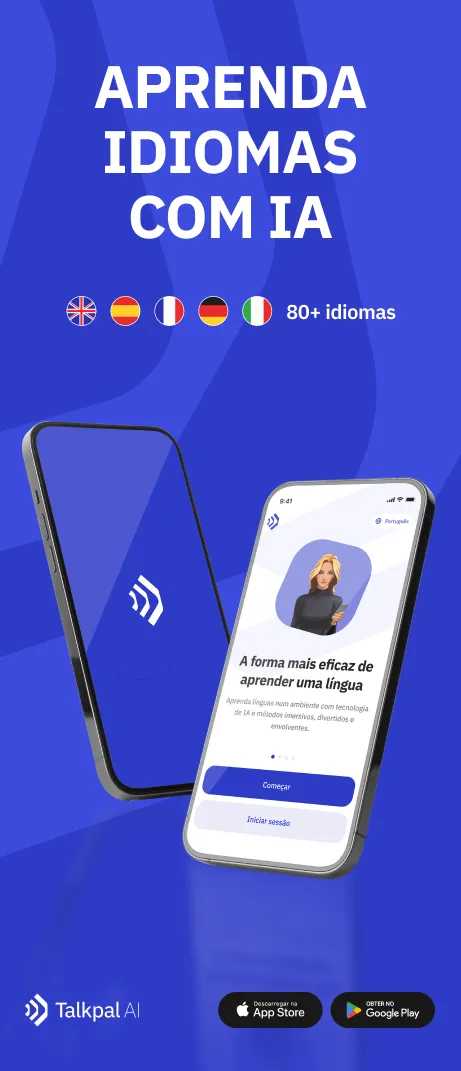Os exercícios apresentados a seguir têm como objetivo praticar o uso correto de conjunções em inglês. Ao preencher as lacunas, você estará não apenas testando seu conhecimento das regras gramaticais, mas também melhorando sua habilidade de conectar ideias de maneira clara e efetiva. Vamos colocar em prática o que aprendemos sobre conjunções com estes exercícios pensados especialmente para alunos de gramática inglesa.
Exercício 1: Complete as frases usando a conjunção correta
She plays the piano *and* (coordenação) I play the guitar.
We wanted to go to the beach, *but* (oposição) it started to rain.
He must be really tired, *for* (causa) he has been working all day.
I can stay *or* (escolha) I can go home, it’s up to you.
She’ll visit her friends *if* (condição) she finishes her work early.
You should take your coat *in case* (condição) it gets cold later.
He likes to read books *while* (tempo) listening to music.
She had to leave, *as* (tempo) her appointment was about to start.
You can come with us *provided that* (condição) you don’t make noise.
Not only did he apologize, *but* (adição) he also brought her flowers.
I’m not sure whether I should buy the red dress *or* (escolha) the blue one.
*Although* (contraste) she studied very hard, she didn’t pass the exam.
We can go out *as soon as* (tempo) the rain stops.
She didn’t say anything, *nor* (coordenação) did she react to the news.
The guide will not start the tour *unless* (condição) everyone is present.
Exercício 2: Escolha a conjunção correta para completar as frases
I want to go jogging *after* (tempo) breakfast.
You can have ice cream *or* (escolha) cake for dessert.
*Because* (causa) it was raining, we cancelled the picnic.
She is very smart, *yet* (contraste) she makes silly mistakes sometimes.
You should rest, *so* (resultado) you can get better soon.
*Before* (tempo) you leave, make sure to lock the door.
He’s been acting oddly, *as if* (modo) he’s hiding something.
The movie was boring, *so* (resultado) we left early.
*Unless* (condição) you study harder, you will not pass the test.
We’ll go swimming *provided that* (condição) the water is not too cold.
*Even though* (contraste) he’s allergic to cats, he has three of them.
You can go out to play *once* (tempo) you have done your homework.
She sang *while* (tempo) she was cooking dinner.
We need to hurry *otherwise* (resultado) we will miss the train.
He didn’t want to go to the party, *nor* (coordenação) did he want to stay at home.










